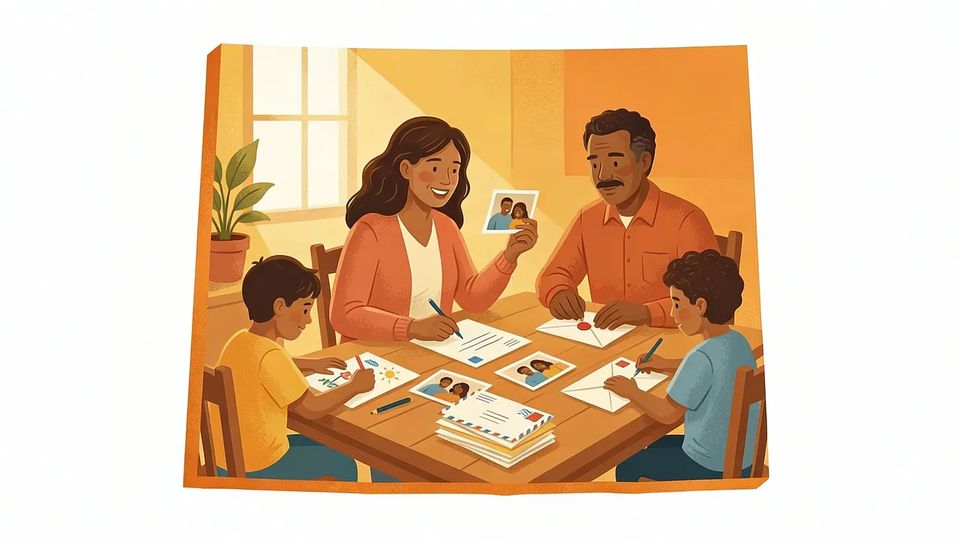
Colorado
Colorado facilities don't all use the same systems for calls, video visits, money, and mail. The fastest way to avoid delays is to confirm which provider and rules apply to your loved one's specific jail or prison, then set up your account and funding before you try to connect.
Phone & Messaging
Phone and video services in Colorado typically run through third-party providers, and the provider varies by facility. Some agencies use...
Read guideVisitation
First, figure out what kind of visit you're scheduling: in-person at the facility or remote video from home. Some Colorado jails require advance scheduling...
Read guideSending Commissary
Deposit options depend on the facility, but third-party trust account systems are common. With GettingOut/ConnectNetwork, you can deposit by phone...
Read guideMail & Photos
Colorado jails and prisons have different addressing rules, so match the format the facility publishes. Park County Jail lists inmate mail as: Inmate's...
Read guideFacility Info
Before you visit, send mail, or put money on an account, confirm the facility's posted rules (not just a general Colorado checklist). A jail's policies can...
Read guideKey phone numbers and office addresses to have on hand
Fremont Correctional Facility (CDOC): PO Box 999, Canon City, CO 81215-0999; Switchboard 719-269-5002. Park County Sheriff’s Office: 1180 CR 16, P.O. Box...
Read guideFind an Inmate
Search for a loved one and send messages and photos in minutes.

Common Questions
Q
How do I set up a video visit with someone in a Colorado facility?
Usually there are two parts: get approved as a visitor, then register with the video provider the facility uses. For CDOC, you submit a visiting application with a copy of your government-issued photo ID through the visiting office, and once approved on the visiting list you can set up and schedule video visits online through Securus. For some county remote visits, the incarcerated person initiates the video session after you log in.
Q
Can I receive phone calls from an inmate and what do I need to do?
Often you will need to create and fund a phone account with the facility’s provider before calls can connect. For example, GettingOut states you need to create and fund an AdvancePay account with ConnectNetwork to receive phone calls. If your loved one is in a federal BOP facility, the First Step Act guide describes additional monthly phone minutes as an incentive for adults in custody in opt-in status.
Q
What are the ways I can put money on an inmate's account?
Common options include depositing by phone, using a lobby kiosk at the facility, and using the provider’s online system, depending on what that jail or prison uses. GettingOut lists a phone deposit option and says some facilities have lobby kiosks, and it also warns deposits may take up to 72 hours to become active on a Trust and Commissary account. Always confirm the exact method and ID requirements with the facility or vendor before you send funds.
Q
What can I send in a letter or photograph to someone in custody?
Typically you can send letters and non-nude photos, but the details depend on the facility. Park County, for example, allows letters and photographs without nudity and says no Polaroids, and it notes magazines or softcover books can be sent directly from a publisher or dealer. Facilities may also prohibit items like cash, stamps, stickers, or anything that threatens security.
Facilities in Colorado
View all 19Adams County Detention Facility, CO
Brighton, CO
Arapahoe County Jail
Centennial, CO
Arrow Head Corrections Facility, Co
Cañon City, CO
Bent County Corrections Facility, CO
Las Animas, CO
Buena Vista Corrections Facility, Co
Buena Vista, CO
Colorado State Penitentiary
Cañon City, CO
